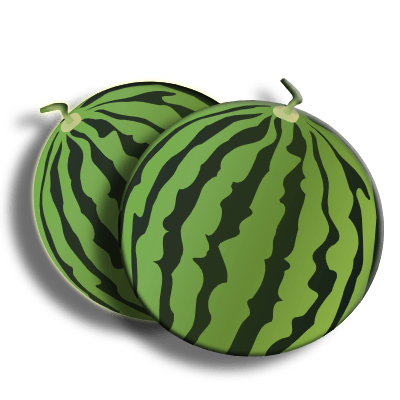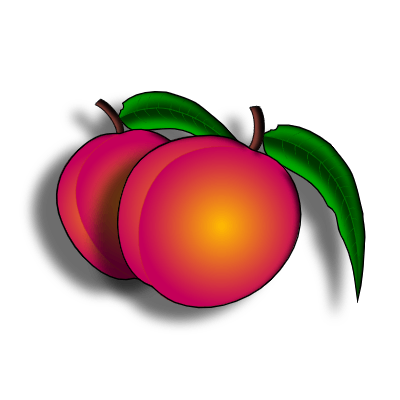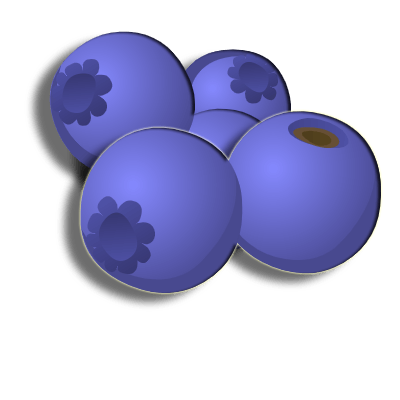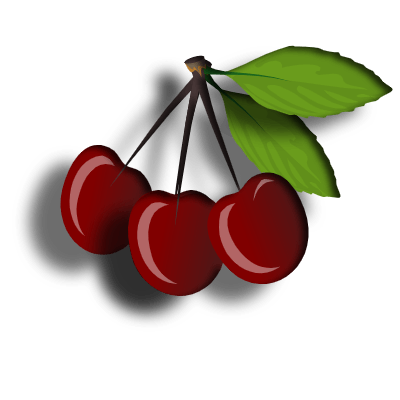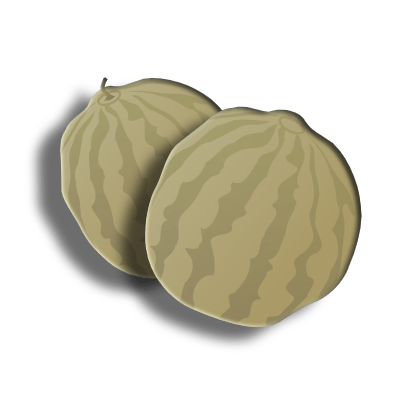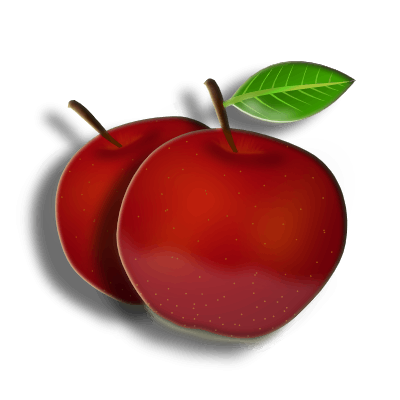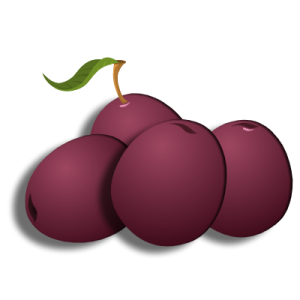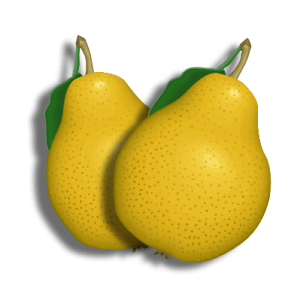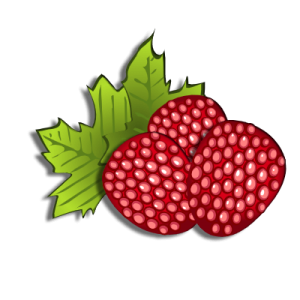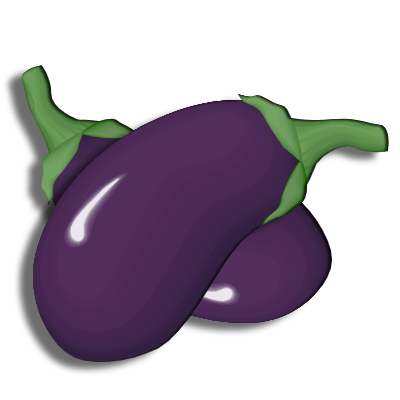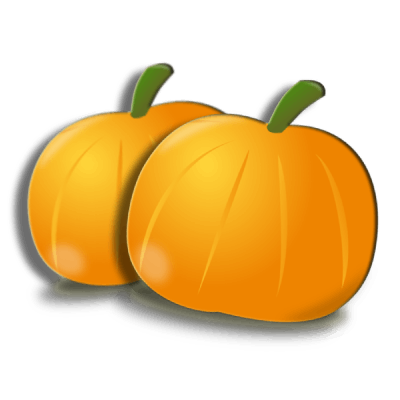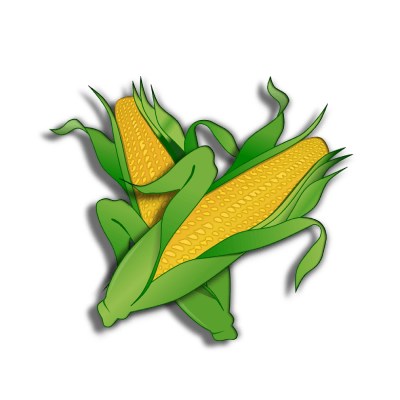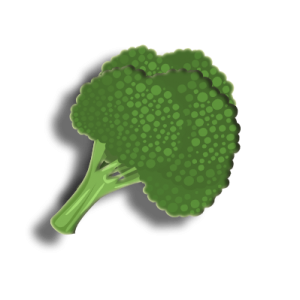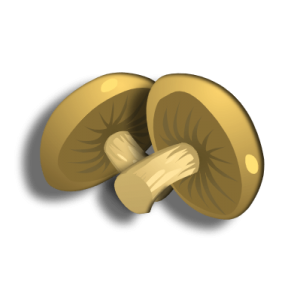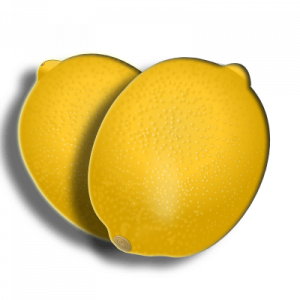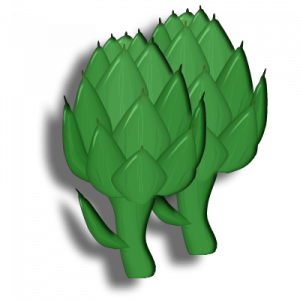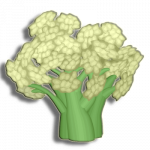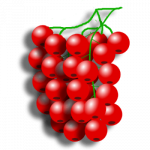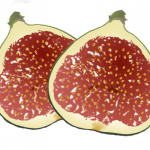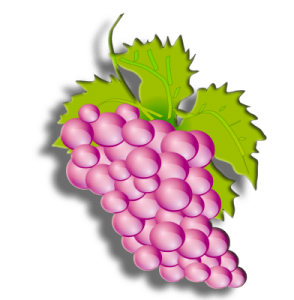
| State | Grapes in season |
|---|---|
| Alabama | mid-July till mid-October |
| Alaska | July till August |
| Arizona | May till September |
| Arkansas | July till September |
| California | May till December |
| Colorado | September till October |
| Connecticut | mid-August till October |
| Delaware | September till October |
| Florida | August till September |
| Georgia | July till October |
| Hawaii | mid-July till mid-September |
| Idaho | September till October |
| Illinois | July till October |
| Indiana | mid-June till mid-October |
| Iowa | July till September |
| Kansas | July till October |
| Kentucky | August till September |
| Louisiana | mid-June till mid-October |
| Maine | mid-September till October |
| Maryland | mid-August till September |
| Massachusetts | mid-August till October |
| Michigan | September till mid-October |
| Minnesota | mid-August till September |
| Mississippi | mid-June till October |
| Missouri | July till October |
| Montana | September |
| Nebraska | July till September |
| Nevada | July till September |
| New Hampshire | mid-September till October |
| New Jersey | mid-August till September |
| New Mexico | August till October |
| New York | mid-August till October |
| North Carolina | August till September |
| North Dakota | August till September |
| Ohio | August till September |
| Oklahoma | July till September |
| Oregon | September till October |
| Pennsylvania | September |
| Rhode Island | September till October |
| South Carolina | September till November |
| South Dakota | mid-August till September |
| Tennessee | July till October |
| Texas | July till October |
| Utah | mid-August till September |
| Vermont | mid-September till October |
| Virginia | August till October |
| Washington | August till October |
| West Virginia | August till September |
| Wisconsin | mid-August till mid-September |
| Wyoming | August till September |
California is the biggest grapes producer in America (and a world-famous winery state). Grape season in California is between May and December. Washington has a shorter production, starting in August and finishing in October and Oregon has a two months season starting in September. If you like to purchase them seasonally and locally, you can find the right grape season in the following chart.
Another fruit full of art and symbolism, grapes are arguably the most honored fruit since ancient times. Present in religious symbols and tales, they are represented throughout art history in the hands of the victorious, beautiful, and strong characters in all sorts of paintings and sculptures. Some Latino countries keep the tradition of eating twelve grapes in the last 12 seconds of the year while thinking of good wishes to bring luck in the year to start. And of course, we owe them one of the biggest pleasures humankind has invented, wine.
From a general perspective, the grape season peaks from August through October. Grapes are primarily cultivated in the late winter or early spring, and by summer, they are grown. They start ripening in the late summer to early fall.
Identifying ripe grapes is as easy as ABC. The first sign is a color change. Like any other fruit, grapes change color when they are ripe. The only difference is that there is no standard color as it varies between the different species. Some varieties change to purple, while others change to red, green, or even black.
Another indication of ripening is the stems, where a change from green to brown indicates ripening. The seeds also experience the exact color change as the stems. Chewing the seeds can give you more certainty; ripe grapes have seeds that break easily. Chewing is only advisable when you are convinced the grape has a degree of ripening.
Ripe grapes are plump and juicy. The ripe ones are firm, while the overripe ones are mushy. The overripe ones also crush easily when touched, and some might even shrivel. Testing them for taste can also help evaluate ripeness. Most grape varieties are small, acidic, and bitter when unripe, but they swell and become sweet when ripe. Additionally, ripe grapes can easily be plucked from their cluster.
Much thought is put into picking the fruit because of the numerous varieties. The fruits have over a thousand types on the planet, and of course, picking differs among clusters of varieties.
These varieties also have different uses, mainly winemaking, eating, and the making of juices. For example, the Concord is used to make grape juice, jellies, and jam. The Concord, Lakemont, Venus, Interlaken, and Einset Seedless varieties are also sold for everyday eating purposes. The most widely used type to produce wine is the Riesling Grape. Other varieties, such as Muscat, are used to make raisins.
Apart from the above uses, grapes also have health benefits. Grapes contain Vitamin C, K, potassium, and antioxidants, among many other nutrients.
Some good reasons to eat organic grapes in season are:
- Eating grapes helps boost your immunity. The vitamins in grapes help build a better resistance against diseases, bacteria, and viral infections.
- The antioxidants present in grapes help reduce cancer risk by blocking the growth of cancer cells and reducing oxidative stress.
- Grapes improve the heart’s health conditions. Intake of grapes helps reduce high blood pressure cholesterol levels and protects against diabetes.
- They contain antioxidants that help maintain the brain’s health. Its powerful antioxidants reduce oxidative stress, which can help curb or prevent conditions such as Alzheimer’s disease and Parkinson’s disease.
- Grapes contain Vitamin K and several minerals such as magnesium, calcium, and potassium, vital in bone formation. Thus easting grapes improve bone conditions.
Consider taking the fruits in their natural state to get the best out of grape season. Grapes are very versatile, and you can use them in making salad recipes, smoothies, and baking.
Look also at these fruits & vegetables:

